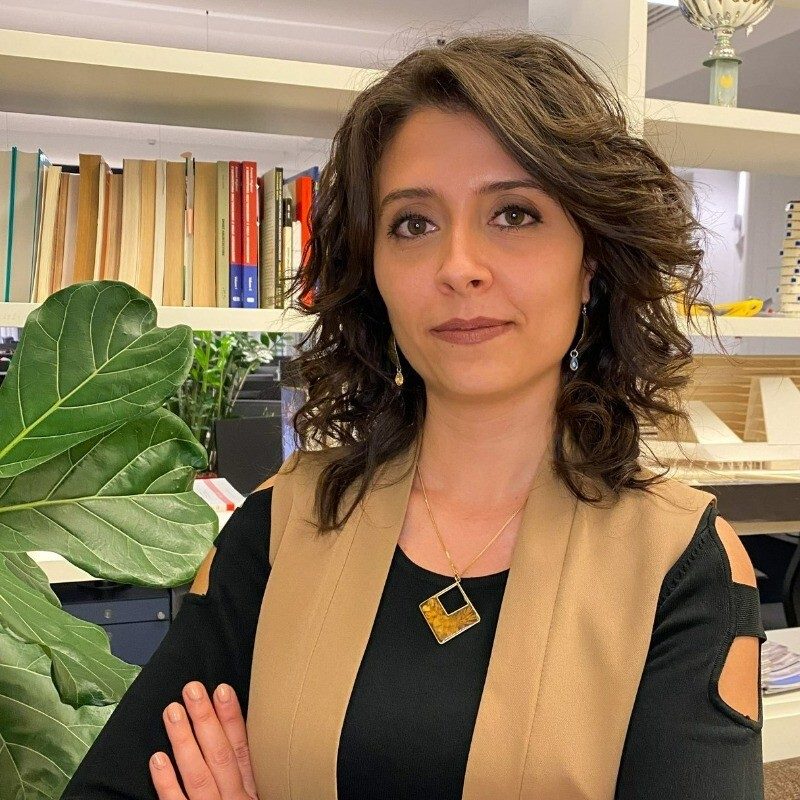
Why did you choose to study building engineering at Politecnico di Milano after your bachelor degree?
My bachelor’s degree has already been on Building Engineering at Politecnico di Milano, therefore I’ve decided to deep dive in the topics, with focus on design engineering, through the Master of Science in Building Engineering that I’ve started in 2014.
Choosing a master’s degree in Building Engineering over Built Environment Management was a decision driven by my passion for creating and innovating in the field of construction. Building Engineering captivates me with its blend of technical precision and creative problem-solving. I was deeply interested in the intricate process of designing building fabric that is not only functional and safe but also aesthetically pleasing and environmentally sustainable. This program offered a comprehensive understanding of advanced design principles, cutting-edge technology, and sustainable practices, aligning perfectly with my career aspirations.
What are the main difficulties you dealt with while studying at living in Italy? How did you manage them?
During my studies, I lived on Lake Maggiore, two hours away from the university (door-to-door). I took the train every day to attend all the classes and labs. This attendance was crucial for two reasons. First, the professors shared their unique approaches to teaching, which provided a deeper understanding of the subjects compared to just studying from the book. Second, the master’s program involved group projects with 4-8 students, making in-person collaboration essential for effective teamwork and the quality of our deliverables.
The biggest challenge was balancing the intense commitment required for continuous attendance at the university with the long daily commute. Despite this, I managed it effectively and efficiently, driven by my strong dedication, passion, and ambition. I believe these qualities are crucial for succeeding in this type of program.
What are the opportunities that this Master Program offered to your personal and professional growth? How were they useful to your career development?
The Master’s Program provided numerous opportunities for both personal and professional growth. It offered a rich and diverse curriculum that broadened my knowledge and skills in my field. The program’s emphasis on group projects enhanced my teamwork and communication abilities, as I collaborated with peers from various backgrounds. Additionally, the exposure to real-world problems and practical applications during the labs and projects equipped me with the hands-on experience needed for my career.
One of the unique aspects of this program is its focus on training professionals who can respond to a wide range of challenges. It equips students with a solid methodology and strong foundational knowledge, aiming to develop not just technical executors of specific tasks or software operators, but creative, thinking minds in the true spirit of engineering.
The program also provided networking opportunities through interactions with professors, industry experts, and fellow students. These connections have been invaluable in opening doors to job opportunities and professional collaborations. Moreover, the rigorous academic environment challenged me to develop strong time management and problem-solving skills, which are essential in any professional setting.
Overall, the experiences and skills gained during the Master’s Program have been instrumental in shaping my career path, allowing me to transition smoothly into the professional world and excel in my field.
Have you had any experiences abroad during your studies? How do you think this experience has enriched your education?
I attended a summer school in Hamburg for my master’s thesis as part of the COST Action TU1403 on adaptive facades. This experience abroad significantly enriched my education by exposing me to cutting-edge research and innovative practices in building systems. It also allowed me to collaborate with international experts and peers, broadening my perspective and enhancing my problem-solving skills. This exposure to diverse ideas and approaches has been invaluable in shaping my professional outlook and expertise.